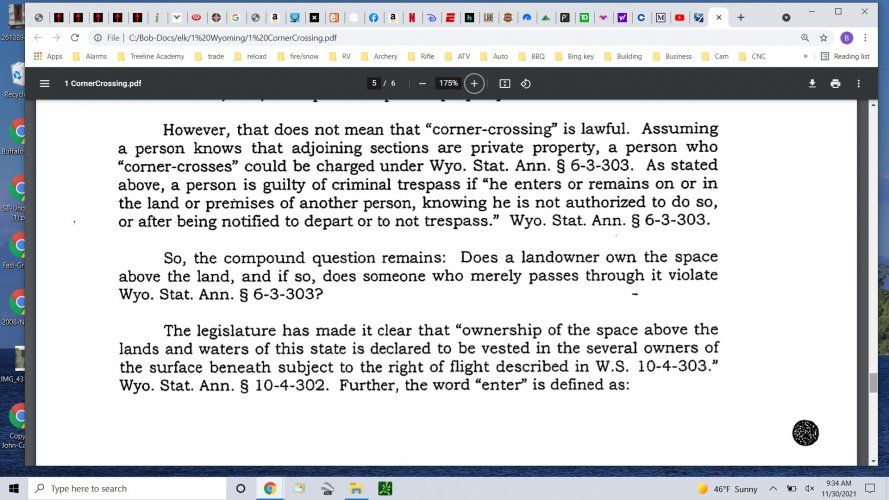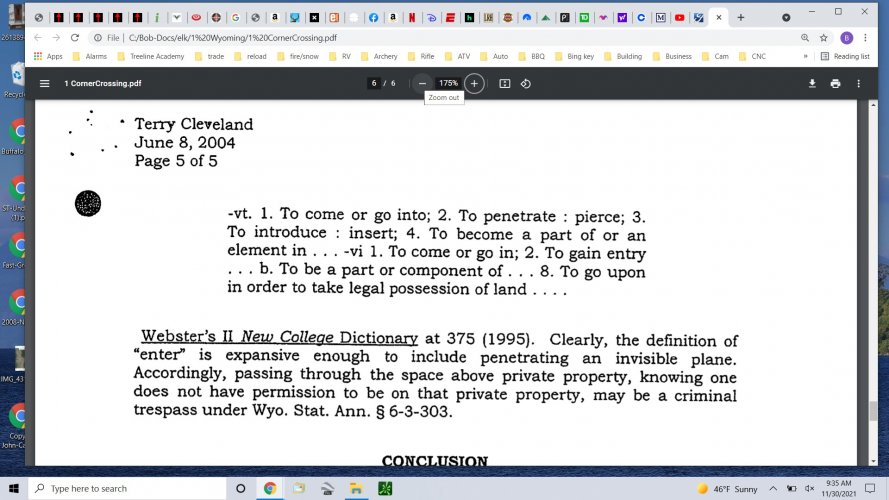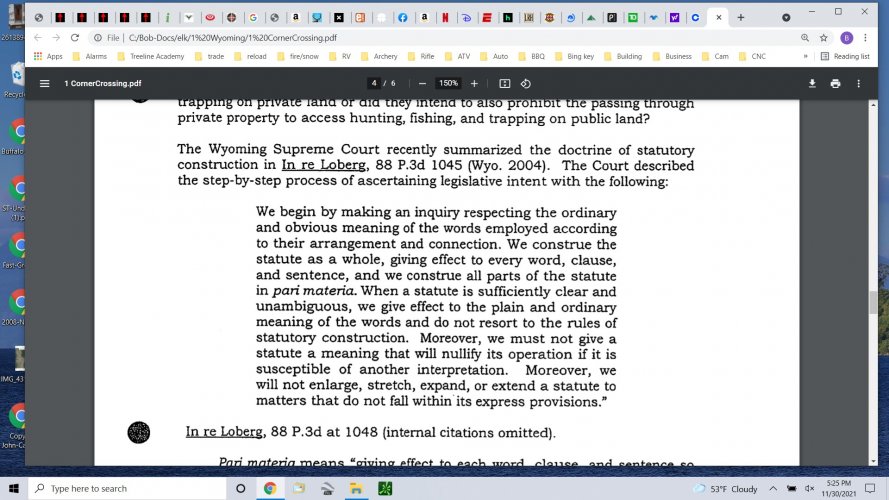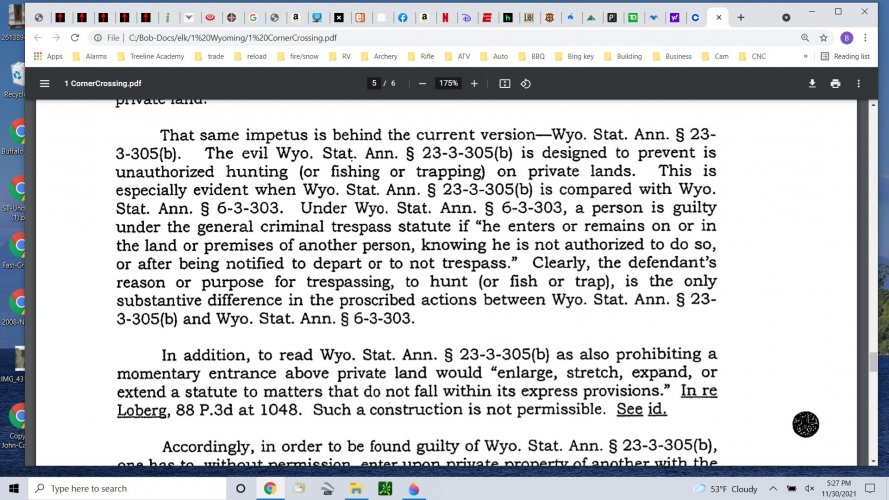VikingsGuy
Well-known member
Spot on! At some point the public, courts and legislatures are going to figure this out and this "law" will change.The truth is that generally, these cases are about a landowner trying to maintain an exclusive FINANCIAL interest in publicly owned land, at the expense of other owners of that public land.








